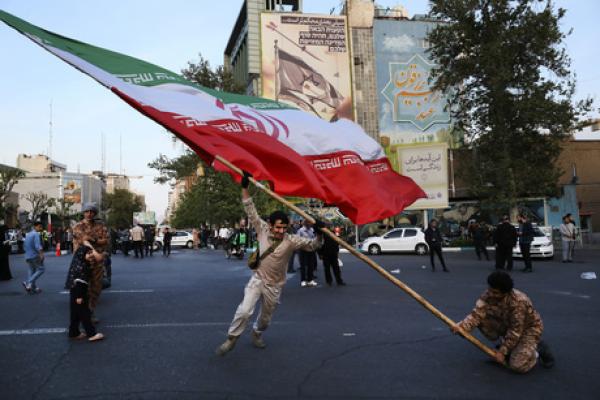
The Central Bank of Nigeria (CBN) has dis-its fixed exchange rate policy in favour of a flexible currency regime, a strategy aimed at lifting local manufacturing and exports, as well as staving off a recession.
However, the apex bank said it would retain a window to fund some critical transactions essential to the economy. But the CBN governor, Godwin Emefiele, failed to say how the shift from the naira, fixed at N197 to the dollar, would be implemented.
He said details would be published in a few days, after a Monetary Policy Committee (MPC) meeting in Abuja yesterday.
“The MPC voted unani the naira is trading 40 per cent below the official rate (N199/$), as manufacturers and imports pay massive premiums to avoid hefty official currency curbs now blamed for tipping the economy towards recession.
The dollar-hungry industry and manufacturing sectors shrank 5.5 per cent and 7 per cent respectively in the first quarter, helping to push the economy into a 0.4 per cent contraction, its worst performance in years.
Tens of thousands of contractors have been laid off as businesses have either closed down or shelved their investment plans. President Muhammadu Buhari has resisted calls for devaluation throughout his first year in office. But Vice-President Yemi Osinbajo hinted at change this month, saying a more flexible approach was needed to spur growth.
Emefiele admitted the economy was also likely to contract in the second quarter, falling into official recession, but blamed delays in implementing the budget for much of the decline.
He also kept its benchmark interest rate on hold at 12 per cent and maintained the CBN’s existing cash reserve ratios for commercial banks at 22.5 per cent.
On the recent deregulation of the downstream sector of the oil industry, the committee, according to the CBN boss, believed that the move was in the right direction and would lead to increased supply.
He, however, cautioned that the pass-through effect of prices to other products had to be considered when taking such policy decision. Mindful of the limitations of monetary policy in influencing structural imbalances in the economy, Emefiele said the committee stressed the need for policy coordination with the fiscal authorities.






















